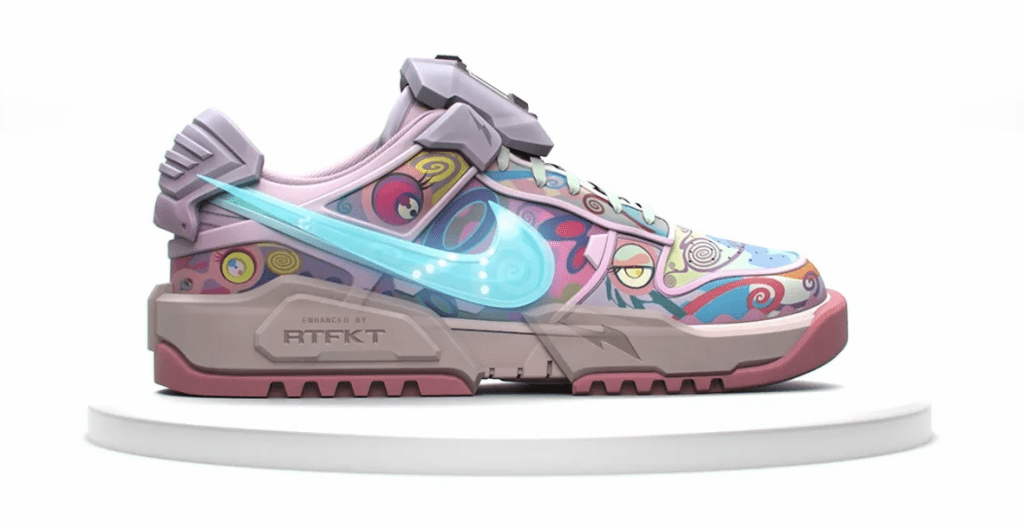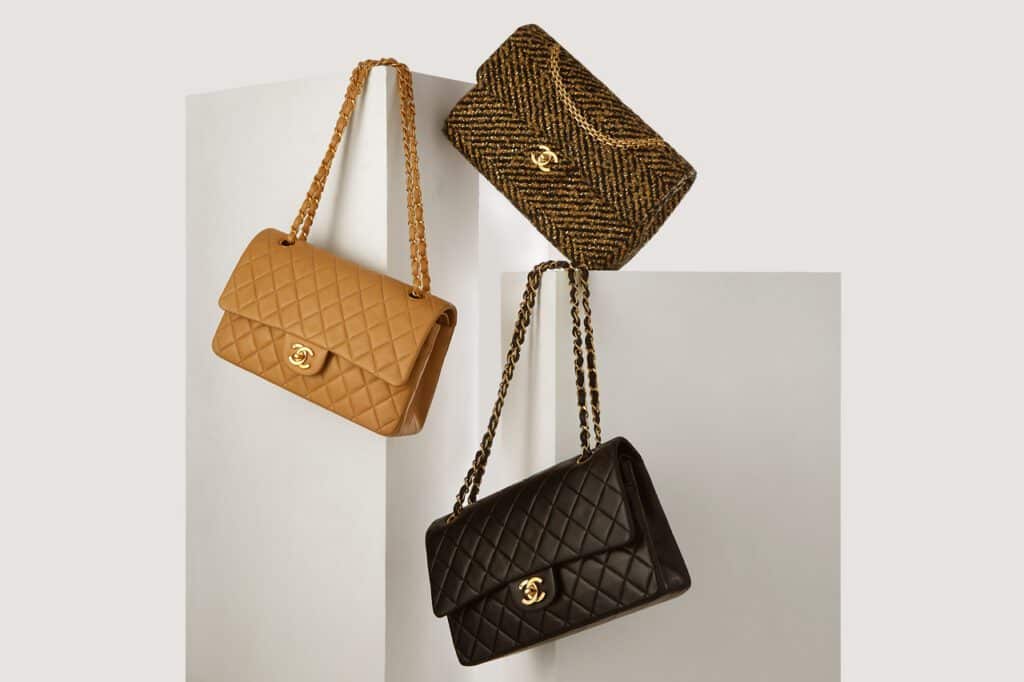In October 2021, Nike got the ball rolling. By filing trademark applications for registration for its name, swoosh logo, and a number of other well-known marks for use in connection with “downloadable virtual goods,” “retail store services featuring virtual goods,” and “entertainment services, namely, providing on-line, non-downloadable virtual footwear, clothing,” etc., the sportswear titan garnered widespread media attention and prompted a large number of other big-name companies to follow suit and file applications for their trademarks for use in the “quintessential” web3 classes of goods/services (i.e., classes 9, 35, and 41, as well as 36 and 42.)
As TFL previously reported, the steady stream of metaverse-related filings seems to suggest that companies are hedging their bets in light of uncertainty about the burgeoning metaverse and technologies like blockchain and non-fungible tokens (“NFTs”) – from what they might do in this space to how courts and the U.S. Patent and Trademark Office (“USPTO”) will treat their existing “real world” trademarks (both in terms of “real world” rights and existing trademark registrations) when it comes to web3 tech and the virtual world.
From that wave of web3 filings, another trend appears to be emerging: Companies and products are being branded with metaverse/crypto-specific prefixes and suffixes. The most famous example on this front is likely MetaBirkins, the name of the controversial NFTs that Mason Rothschild released in December 2021, that has since prompted Hermès to file suit, accusing Rothschild of “appropriating the brand MetaBirkins for use in creating, marketing, selling, and facilitating the exchange of NFTs,” which simply “rip off Hermès’ famous BIRKIN trademark by adding the generic prefix ‘meta,’” which refers to “virtual worlds and economies where digital assets such as NFTs can be sold and traded.”
*This is a short excerpt from an article that was published exclusively for TFL Enterprise subscribers. Inquire today about how to sign up for an Enterprise subscription and gain access to all of our exclusive content.











